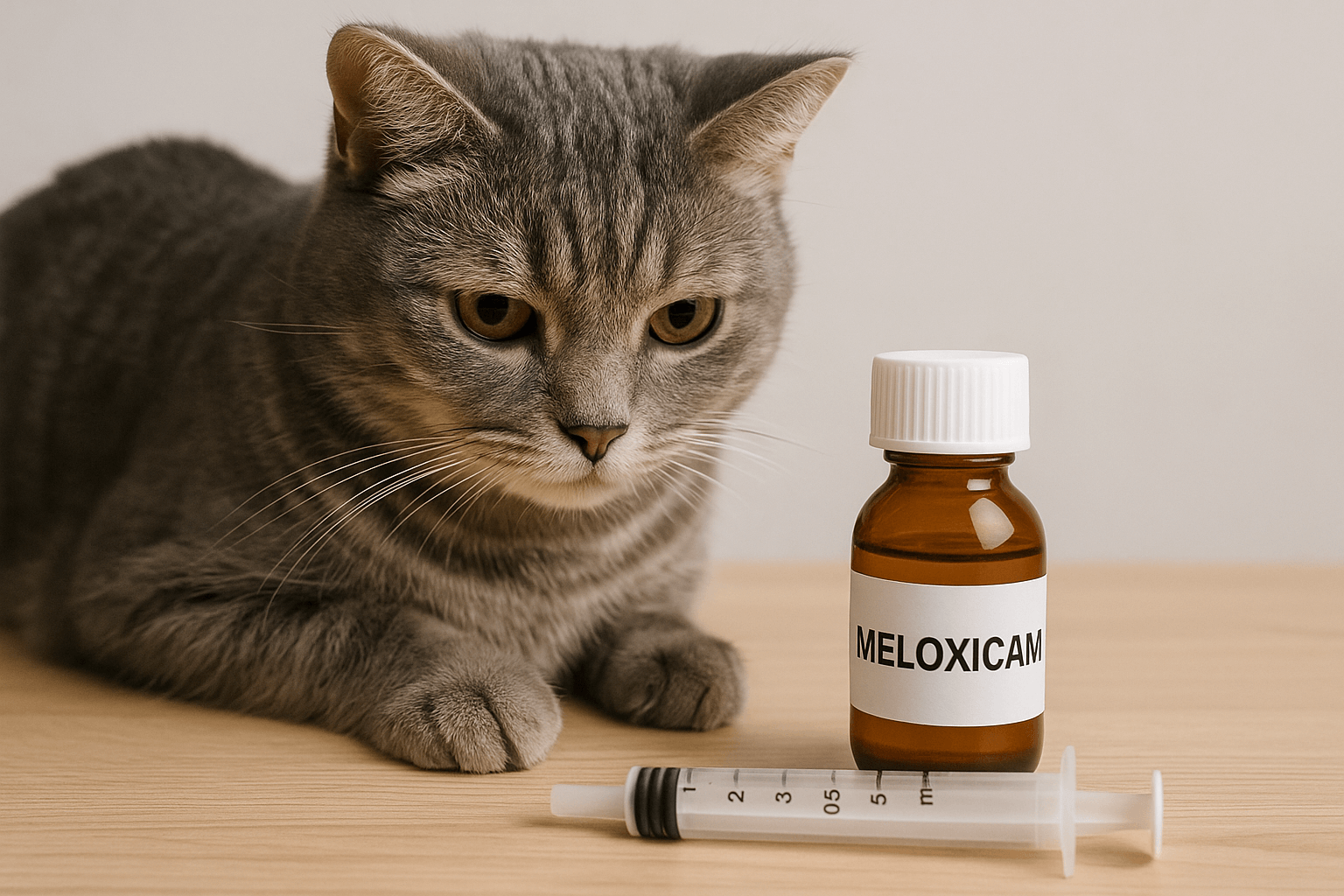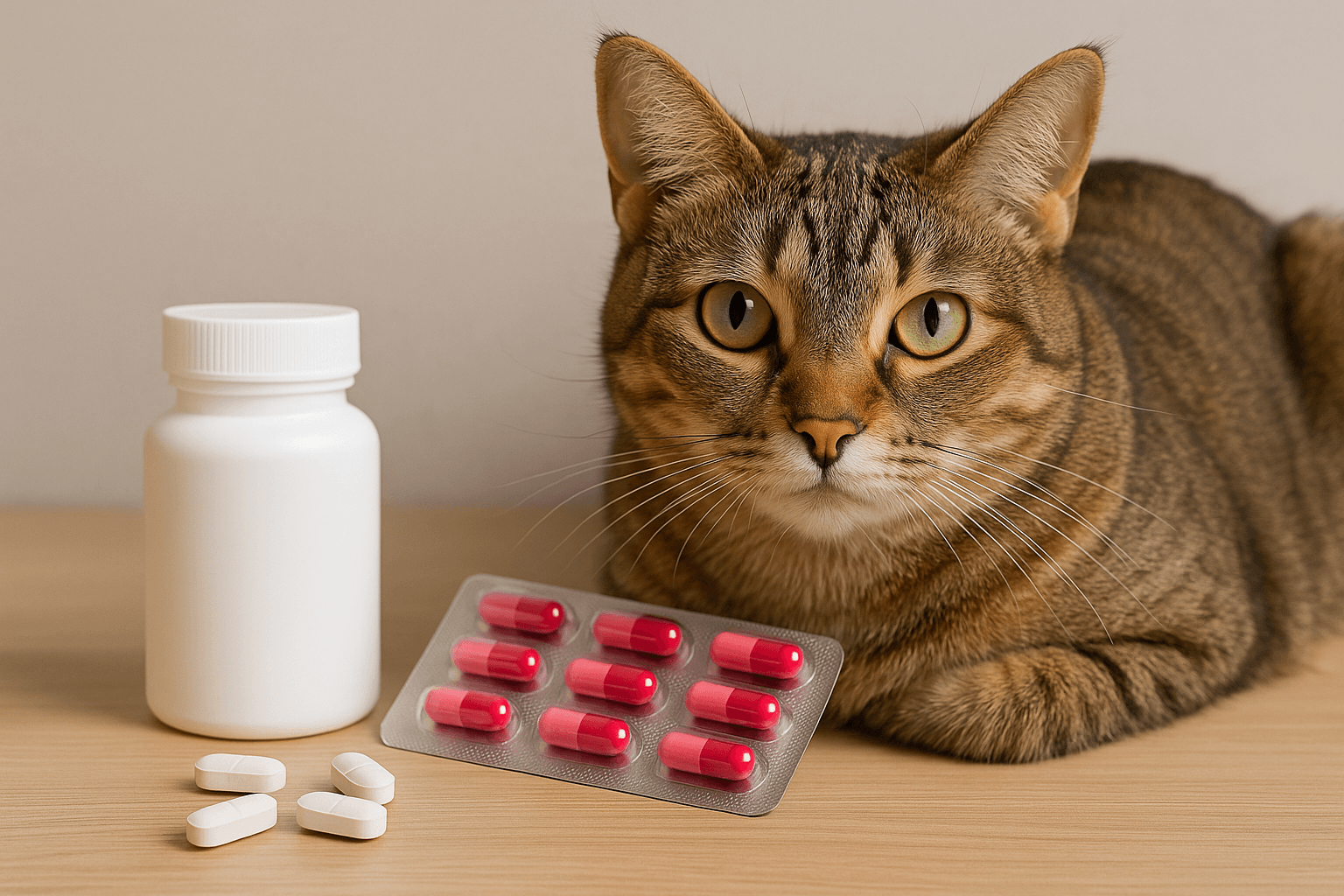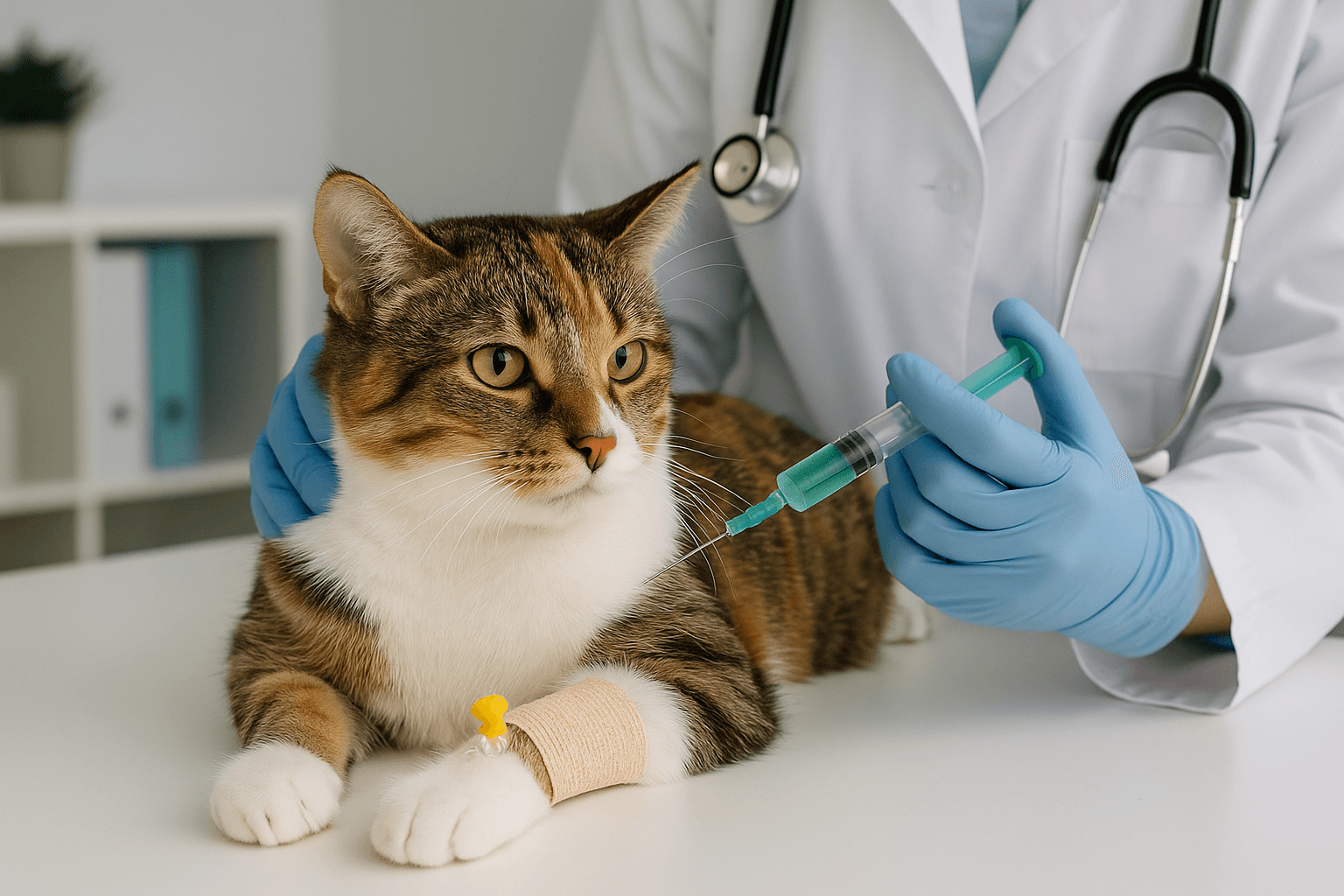Cracking a Raw Egg Over Dog Food: A Nutritious Twist for Your Furry Friend
When it comes to feeding our beloved pets, we often find ourselves searching for ways to enhance their meals while ensuring they receive all the necessary nutrients. One unconventional yet increasingly popular method is cracking a raw egg over dog food. This simple addition has sparked curiosity among pet owners who want to provide their dogs with a balanced diet. But is it safe? What are the benefits? And how should it be done properly? In this blog post, we’ll explore everything you need to know about incorporating raw eggs into your dog’s diet—and why it might just be the nutritional boost your pup needs.
Why Add a Raw Egg to Your Dog’s Food?
Adding a raw egg to your dog’s food isn’t just a random trend; it offers several potential health benefits. Here’s a quick breakdown of why pet owners are turning to this practice:
Rich in Protein
Eggs are an excellent source of high-quality protein, which supports muscle development and overall energy levels in dogs.Packed with Essential Nutrients
They contain vitamins like B12, riboflavin, and selenium, as well as minerals such as iron and zinc, which contribute to a healthy coat and immune system.Natural Source of Omega Fatty Acids
The yolk provides omega-3 and omega-6 fatty acids, promoting skin health and reducing inflammation.Supports Digestive Health
Eggs include natural enzymes that can aid digestion and improve gut flora when fed in moderation.Cost-Effective Superfood
Compared to many commercial supplements, eggs are an affordable way to enhance your dog’s nutrition without breaking the bank.
Incorporating a raw egg into your dog’s meal plan could be a game-changer for their health—if done correctly. Let’s dive deeper into the specifics next.
How to Safely Introduce Raw Eggs to Your Dog’s Diet
While raw eggs offer numerous benefits, introducing them requires care and attention. Follow these tips to ensure a smooth transition:
Start Small
Begin by adding only a small amount of raw egg (about half) to your dog’s regular food. Gradually increase the portion size over time.Monitor for Allergies or Sensitivities
Some dogs may have sensitivities to raw eggs. Watch for signs like itching, vomiting, or diarrhea after feeding.Choose Fresh, High-Quality Eggs
Always use fresh, organic eggs from trusted sources to minimize the risk of contamination or harmful bacteria.Balance the Diet
Ensure that the rest of your dog’s diet remains nutritionally complete. Eggs should complement—not replace—other essential nutrients.Consult Your Veterinarian First
Before making any significant changes to your dog’s diet, consult your vet to confirm it aligns with their specific dietary needs.
By following these steps, you can safely incorporate raw eggs into your dog’s routine while minimizing potential risks.
Check this guide 👉Can Dogs Eat Cherries? Best 7 Health Tips!
Check this guide 👉Can Dogs Eat Kiwi? Best 7 Expert Tips!
Check this guide 👉Can Dogs Eat Avocado? Best 7 Expert Tips!

Benefits of Raw Eggs for Dogs | Potential Risks to Consider |
|---|---|
High-quality protein | Risk of salmonella contamination |
Rich in omega fatty acids | Possible allergic reactions |
Supports shiny coat and skin | Imbalance if overfed |
Affordable superfood option | Digestive upset in some cases |
Boosts immune system function | Requires careful sourcing |
Common Misconceptions About Feeding Raw Eggs to Dogs
There are plenty of myths surrounding the inclusion of raw eggs in a dog’s diet. Separating fact from fiction is crucial for responsible pet ownership. Below are some common misconceptions debunked:
Myth: Raw Eggs Cause Salmonella Poisoning
While there is a slight risk, dogs’ digestive systems are more resilient than humans’. Properly sourced eggs reduce this concern significantly.Myth: Raw Eggs Lead to Biotin Deficiency
Contrary to popular belief, occasional consumption won’t deplete biotin levels unless consumed excessively over long periods.Myth: Cooked Eggs Are Always Better
Cooking eggs destroys certain nutrients, so raw eggs retain more of their natural goodness.Myth: All Dogs Love the Taste of Eggs
Not every dog enjoys the texture or flavor of raw eggs. It’s important to observe your pet’s preferences.Myth: Eggs Alone Provide Complete Nutrition
Eggs are nutrient-dense but not a standalone solution. They must be part of a well-rounded diet.
Understanding these truths helps dispel unnecessary fears and encourages thoughtful integration of raw eggs into your dog’s meals.
Tips for Maximizing the Benefits of Raw Eggs
To get the most out of adding raw eggs to your dog’s diet, consider these practical tips:
Mix Thoroughly with Food
Blend the egg thoroughly with your dog’s kibble or wet food to avoid picky eating habits.Alternate Between Raw and Cooked
If you’re concerned about raw feeding, alternate between raw and lightly cooked eggs to vary the preparation.Use Eggshells for Added Calcium
Crushed eggshells can serve as a natural calcium supplement. Simply grind them finely and sprinkle on top of meals.Avoid Overfeeding
Limit raw egg servings to no more than one per day, depending on your dog’s size and caloric needs.Store Eggs Properly
Keep eggs refrigerated and consume them within their freshness window to maintain quality and safety.
These tips will help optimize the nutritional value of raw eggs while keeping your dog happy and healthy.
Additional Benefits of Raw Eggs for Dogs
While we’ve already touched on the nutritional perks of raw eggs, there are even more advantages that make them a standout addition to your dog’s diet. Here’s a closer look at some lesser-known benefits:
Promotes Joint Health
The natural glucosamine found in eggshells can help support joint health, especially in older or active dogs.Enhances Cognitive Function
Choline, a nutrient found in egg yolks, plays a role in brain development and cognitive function, benefiting dogs of all ages.Strengthens Immune System
The combination of vitamins and minerals in eggs helps fortify your dog’s immune system, making them less susceptible to illnesses.Improves Hydration
The moisture content in raw eggs can contribute to better hydration, particularly for dogs who don’t drink enough water.Acts as a Natural Detangler
The fats in egg yolks can soften fur, making it easier to brush and detangle matted coats.
Incorporating raw eggs into your dog’s meals not only boosts their physical health but also supports mental and emotional well-being, creating a holistic approach to pet care.
Potential Risks and How to Mitigate Them
As with any dietary change, feeding raw eggs comes with its own set of risks. Understanding these concerns and knowing how to address them is key to ensuring your dog’s safety. Here’s what you need to know:
Bacterial Contamination
Raw eggs carry a slight risk of salmonella or E. coli. Always source eggs from reputable suppliers to minimize this risk.Nutrient Imbalance
Overfeeding raw eggs can lead to an imbalance in essential nutrients. Stick to recommended serving sizes to avoid complications.Allergic Reactions
Some dogs may be allergic to eggs. Introduce them slowly and monitor for signs like itching, swelling, or gastrointestinal upset.Egg White Avidin Concerns
Avidin, a protein in egg whites, can interfere with biotin absorption if fed excessively. Balance egg intake to prevent deficiencies.Shell Fragment Hazards
If using crushed eggshells, ensure they’re finely ground to avoid sharp fragments that could harm your dog’s digestive tract.
By staying informed and proactive, you can mitigate these risks and safely enjoy the benefits of adding raw eggs to your dog’s diet.
Creative Ways to Serve Raw Eggs to Your Dog
Adding variety to how you serve raw eggs can keep mealtime exciting for your pup while still reaping the nutritional rewards. Here are some creative ideas to try:
Egg and Veggie Mix
Combine raw eggs with mashed vegetables like carrots or spinach for a nutrient-packed meal enhancer.Frozen Egg Treats
Whisk an egg, pour it into an ice cube tray, and freeze. These make excellent cooling treats during hot weather.Egg-Infused Broth
Lightly cook the egg in low-sodium chicken or beef broth before mixing it with your dog’s food for added flavor.Topper for Dry Kibble
Crack a raw egg directly over dry kibble as a tasty and nutritious topping that entices picky eaters.Homemade Egg Bites
Blend eggs with cooked pumpkin or sweet potato, bake in small portions, and store for convenient snacks.
Experimenting with different preparations not only keeps your dog engaged but also ensures they receive the full spectrum of benefits raw eggs have to offer.
FAQ
Is it safe to feed my dog raw eggs?
Yes, but only if sourced properly and introduced gradually. Consult your veterinarian first.
How often can I give my dog a raw egg?
Once or twice a week is generally sufficient, depending on your dog’s size and dietary requirements.
Can puppies eat raw eggs?
Puppies can benefit from raw eggs, but due to their developing immune systems, it’s best to wait until they’re older or opt for cooked eggs instead.
Do I need to worry about salmonella?
The risk is minimal for dogs, but using fresh, organic eggs reduces the likelihood of contamination.
Should I include the shell?
Yes, crushed eggshells provide additional calcium, but ensure they’re ground finely to prevent choking hazards.
Final Thoughts: A Nutritional Boost Worth Trying
Cracking a raw egg over dog food might seem unusual at first glance, but its potential benefits make it worth considering. From providing high-quality protein to supporting skin and coat health, raw eggs can be a valuable addition to your dog’s diet when used responsibly. However, always prioritize balance, quality, and consultation with your vet before making dietary changes. With proper care, this simple trick could become a staple in your pet care routine, ensuring your furry friend stays happy, healthy, and thriving.
Cat Fever Treatment: Best 7 Expert Tips! Discover expert advice on identifying, managing, and treating fever in cats to ensure their quick recovery and well-being.
Understanding Meloxicam for Cats: Best 7 Expert Tips! Learn how to safely administer meloxicam, manage side effects, and ensure your cat's comfort with expert advice on feline pain relief.
Amoxicillin for Cat UTI: Best 7 Expert Tips! Discover safe usage, dosage guidelines, and expert advice on treating feline urinary tract infections effectively with amoxicillin.
Understanding Cat Cancer Treatment: Best 7 Expert Tips! Discover expert advice on managing feline cancer, from early detection to treatment options, ensuring your cat’s health and comfort.





